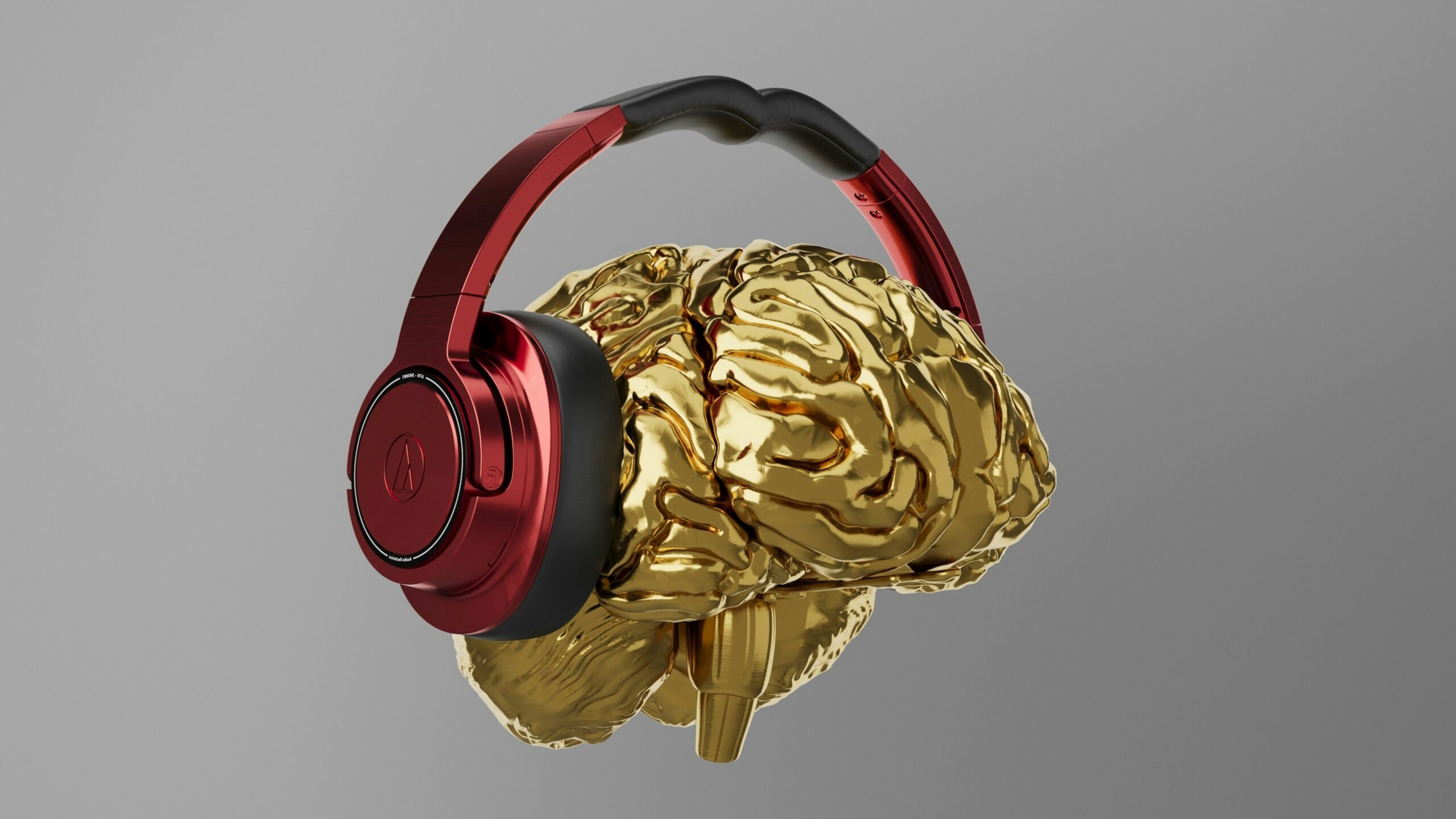Have you ever wondered what can be done to slow down the progression of mild cognitive impairment? Dealing with mild cognitive impairment (MCI) can be a challenging and often concerning experience both for you and your loved ones. The good news is that there are practical strategies you can adopt to help slow down its progression. By proactively incorporating lifestyle changes and medical interventions, you can significantly impact your cognitive health and maintain a better quality of life.
Understanding Mild Cognitive Impairment
Before diving into the strategies, it helps to have a clear understanding of what MCI entails. Mild Cognitive Impairment is a condition characterized by noticeable changes in cognitive abilities, such as memory and thinking skills, which are greater than expected for your age but not significant enough to interfere with daily life and activities. While it’s not a definite precursor to dementia, it can increase your risk.
The Role of Lifestyle Changes
Lifestyle modifications can play a crucial role in slowing down the progression of MCI. Below are some essential practices you should consider integrating into your daily routine.
Physical Exercise
Engaging in regular physical activity is one of the most effective ways to bolster cognitive health. Exercise increases blood flow to the brain, promoting better neural health and function.
- Aerobic Exercises: Activities like walking, cycling, and swimming improve cardiovascular health, which in turn supports brain health.
- Strength Training: Resistance exercises help to maintain muscle mass and overall physical function, which is often correlated with better cognitive performance.
Mental Stimulation
Keeping your brain engaged can help improve cognitive function and possibly slow down the progression of MCI.
- Puzzles and Games: Activities such as crossword puzzles, sudoku, and other cognitive games can enhance problem-solving skills.
- Learning New Skills: Taking up new hobbies or languages can stimulate different parts of your brain, giving it a good workout.
Nutrition
A balanced diet rich in essential nutrients can have a profound impact on cognitive health.
Foods to Include in Your Diet
| Food Group | Examples | Benefits |
|---|---|---|
| Omega-3 Fatty Acids | Fish like salmon, walnuts, flaxseeds | Supports brain function |
| Antioxidants | Berries, dark chocolate, spinach | Reduces oxidative stress |
| Vitamins and Minerals | Leafy greens, nuts, seeds, whole grains | Essential for brain health |
The Mediterranean Diet
The Mediterranean diet, rich in fruits, vegetables, fish, and whole grains, has been linked to better cognitive function and a reduced risk of cognitive decline.
Sleep Hygiene
Good quality sleep is essential for cognitive function. Poor sleep can exacerbate cognitive decline, so maintaining good sleep hygiene is crucial.
- Consistent Sleep Schedule: Go to bed and wake up at the same time every day.
- Comfortable Sleep Environment: Ensure your sleeping area is quiet, dark, and cool.
Medical Interventions
While lifestyle changes are beneficial, you may also need medical interventions. Consulting healthcare providers for specialized care can make a significant difference.
Medications
Certain medications can help manage symptoms and slow down the progression of MCI.
- Cholinesterase Inhibitors: These drugs can improve the levels of neurotransmitters in the brain, potentially enhancing cognitive functions.
- NMDA Receptor Antagonists: Medications like memantine may help in managing symptoms by regulating brain chemicals.
Cognitive Therapy
Cognitive therapy focuses on enhancing cognitive functions through structured exercises and activities.
- Cognitive Rehabilitation: Targeted exercises aimed at improving specific cognitive skills.
- Cognitive Training: Programs designed to maintain or enhance cognitive abilities, often through software applications or in-person sessions.
Social Engagement
Spending time with family and friends, participating in community activities, and even volunteering can provide emotional and cognitive benefits. Social interaction helps keep your brain active and engaged, which can be instrumental in slowing cognitive decline.
Group Activities
Participating in group activities not only stimulates your brain but also provides emotional support, reducing feelings of isolation and depression.
- Community Classes: Join classes in art, music, or dance.
- Volunteering: Engage in activities that have a social and emotional impact.
Regular Check-ups
Routine medical check-ups are vital to monitor your cognitive health. Regular assessments can help your healthcare provider track the progression of MCI and adjust treatment plans accordingly.

Stress Management
Chronic stress can negatively impact your brain health, exacerbating symptoms of MCI. Therefore, managing stress effectively is crucial.
Techniques for Stress Management
- Mindfulness and Meditation: Practices that focus on mindfulness and meditation can significantly reduce stress levels.
- Physical Relaxation Techniques: Yoga, deep-breathing exercises, and tai chi are excellent ways to relax both body and mind.
The Importance of Early Detection
Early detection of MCI can lead to more effective management strategies. Being proactive in monitoring your cognitive health can make a significant difference.
Cognitive Screening
Regular cognitive screening can help catch MCI in its early stages, making it easier to manage and slow down its progression.
- Self-assessment Tools: Various online tools can help you perform self-assessments, though they should not replace professional evaluations.
- Professional Evaluations: Regular visits to a healthcare provider for cognitive assessments.
Personalized Care Plans
MCI affects everyone differently, so personalized care plans can be very effective. Collaborating with healthcare providers to create a plan tailored to your specific needs can make a noticeable difference in managing the condition.
Working with Specialists
Consulting with neurologists, geriatricians, and other specialists can provide you with a comprehensive approach to managing MCI.
- Neurologists: These specialists can offer advanced diagnostic and treatment options.
- Geriatricians: Geriatricians specialize in healthcare for older adults and can provide more tailored care.
Integrative Medicine
Combining conventional medical approaches with complementary therapies like acupuncture or herbal remedies can offer a more holistic approach to managing MCI.
Conclusion
Slowing down the progression of Mild Cognitive Impairment is possible with a multifaceted approach that includes lifestyle changes, medical interventions, social engagement, stress management, and personalized care plans. By being proactive in managing your cognitive health, you can maintain a better quality of life and potentially delay the onset of more severe cognitive issues. Remember, the key lies in early detection and consistent management. Take steps today to safeguard your cognitive health for tomorrow.




